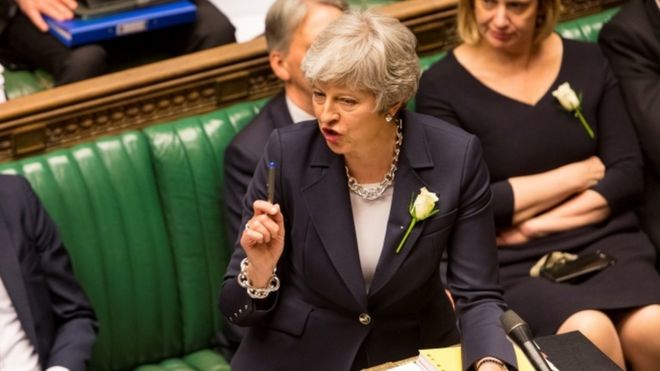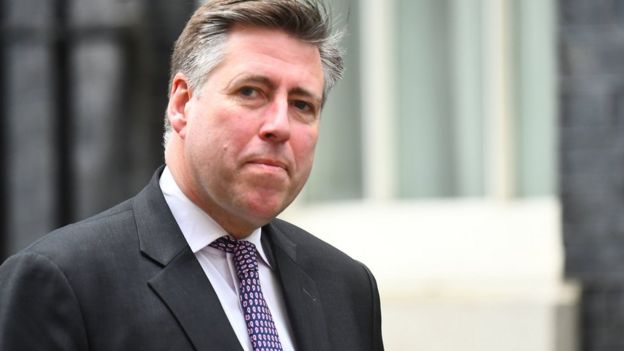Political reporter(wp/bbc):::
Labour will extend its plans for a higher £10 an hour minimum wage to include workers under the age of 18, party leader Jeremy Corbyn is to say.
Currently, under-18s are entitled to a minimum wage of £4.35 per hour, compared with £8.21 for over-25s.
But under a Labour government this "youth rate" for the minimum wage would be ended in 2020, Mr Corbyn will say.
One business group said there was "value" in having the minimum wage set by an independent group, as it is now.
Mr Corbyn had already pledged to raise the National Living Wage - a legally binding hourly rate for workers aged 25 and over - to £10 an hour next year, if Labour gained power.
He will say Labour's proposal would see workers aged 16 and 17 paid about £2,500 more a year.
- Minimum wage rates rise, but bills go up too
- 'Older colleagues are paid more than me'
- Corbyn promises pay rise for the low-paid
'End this discrimination'
Speaking at a party gathering in Birmingham on Saturday, Mr Corbyn is expected to say: "Equal pay for equal work is hardly a controversial idea, so why are we discriminating against young people?
"You don't get a discount at the shops for being under 18.
"But if the person serving you on the other side of the counter is young, they could be on half the wage of their colleagues.
"It's time to end this discrimination. Young people's work should be properly valued, not exploited by employers to cut their wage bill. If they're doing the job, pay them the wage - the real living wage."
Minimum wage rates from April 2019
- 25 and over: £8.21
- 21-24: £7.70
- 18-20: £6.15
- Under-18: £4.35
- Apprentice: £3.90
'Political football'
The national minimum wage came into law in 1998.
The rates are reviewed each year by the government which is advised by the independent Low Pay Commission.
Responding to Labour's proposals, a spokesperson for the business lobby group the Institute of Directors, said: "Minimum wage levels and age thresholds are the responsibility of the Low Pay Commission because there is value in having an independent, evidence-based approach.
"Politicians directly setting rates will always risk not taking full account of the implications for employers and jobs."
Matthew Percival, head of employment at the Confederation of British Industry, said: "The minimum wage is an important part of the UK labour market and must not be used as a political football.
"It owes its success to the Low Pay Commission, which is an expert, independent body that brings together business and trade unions to guide the national minimum wage.
"Youth rates play an important role in helping to reduce youth unemployment and should be retained."
Chris Philp MP, Conservative vice-chairman for policy, said: "Under the Conservatives, we have seen youth unemployment fall by half, the biggest increase in the minimum wage for under-25s in a decade and the economy continue to grow, giving young people the security of a better future."

